Answering Quora - Thought Experiment: Pretend that the Triune God of the Bible actually exists in reality. What would such a Being owe you, and why?
 I've once again used up my lunch breaks this week writing on Quora, so I'm going to recycle an answer for this blog entry. One Quora user posted the following question as a thought experiment, Pretend that the Triune God of the Bible actually exists in reality. What would such a Being owe you, and why? Below is my response, with a few edits from my original Quora answer.
I've once again used up my lunch breaks this week writing on Quora, so I'm going to recycle an answer for this blog entry. One Quora user posted the following question as a thought experiment, Pretend that the Triune God of the Bible actually exists in reality. What would such a Being owe you, and why? Below is my response, with a few edits from my original Quora answer.
---
First of all, this is a bit difficult to answer because the God of the Bible isn't a totally consistent character. I mean, just in physical representation, he goes from a very anthropomorphic god with somewhat limited powers and knowledge in Genesis (he walked in the Garden of Eden and had to go physically visit Sodom to see for himself how the people were behaving), to more of a disembodied all powerful spirit in later books. He also exhibits different personality traits, sometimes being very vindictive and doling out group punishment for the sins of individuals (like the plagues of Egypt harming even the slaves, even though it was the Pharaoh who Yahweh had his disagreement with - not to mention the hardening of Pharaoh's heart to prolong the suffering), other times saying everyone will be punished or rewarded for their own actions, and other times saying it's only faith that determines our fate and not our actions at all. So, which 'God of the Bible' are we going with? And then, you have to figure out how much of God's actions/behaviors you're willing to accept as givens in answering this question.
So, let's just start out with creation (assuming a literal creation for this thought experiment). At that point, having created new sentient beings with no experiences of their own and no culture to guide them, Yahweh would have an obligation to help them get things set up. Just imagine it as a mad scientist on Earth creating artificial life and setting it loose on a deserted island. You'd expect him to teach that life how to survive, probably set them up with some shelter and tools, suggest some rules of ethics, maybe give them a constitution and some form of government, etc.
Then, I can see it going two ways, still using our mad scientist as an analogy. He could just step back and not interfere at all after that, owing them nothing, but also expecting nothing in return. He could leave these beings on their own, free to develop their society as they saw fit, modifying their laws and ethics as they developed themselves. Or, he could continue to give them a hand and advice in running things, since he has a lot more experience to draw from. But, he still shouldn't expect anything in return. These beings didn't ask to be created. He didn't do them a favor by creating them. He acted of his own accord to create them. He's the one that put them in the position of having to figure out how to live their lives.
Let's go along further with assuming that he is the intervening type. And further, that he's going to reward the people who follow the rules he laid down, and punish the people who don't. First, he would owe us ethical rules. No arbitrary rules like not wearing clothes with mixed fibers, and no cruel rules like ordering parents to stone disobedient children, or ordering communities to stone homosexuals. And the whole animal sacrifice thing would be out. (Note, read about the Euthyphro dilemma for a discussion of why gods can't dictate morality by fiat.) Second, he would owe us an unambiguous declaration of the rules he expects us to follow - nothing like the Bible with all its contradictions and translation/transmission errors. I mean, just imagine our mad scientist giving his created beings a hodge podge of rules as confusing as the Bible, written in a language other than their native language, and then going out and punishing the ones who made mistakes. It would be horrible.
Let's take this intervention further, and even though it shouldn't be the case in a fair universe, that he does expect worship, and that he's going to reward the people most faithful to him, and punish the people who don't worship him. In that case, I think he would at least owe a clear, unambiguous demonstration to every generation that he does actually exist so that we can be sure which religion to follow. If our mad scientist tried to demand worship, the first thing we'd do is consider him an amoral narcissist. But if he kept himself hidden entirely, and never made any personal appearances, or even television appearances or interviews, and then sent out secret police to find and torture citizens of his island nation who wondered whether he'd died since nobody ever saw him anymore, we'd think he was a monster.
For the last thing I'm going to consider, let's take this punishment further - not just the finite punishments of the Old Testament God, but the eternal damnation to Hell of the New Testament God. First of all, I'd say that we were owed not to have to worry about a punishment like that to begin with. It's barbaric. If our mad scientist wanted to pull out the nuclear option on his private island, banishment would seem to be enough, rather than actual torture. And there's no need for a dichotomy. If he wanted to reward especially good beings, he could give them special treatment without actually punishing all the rest. If God were real, and heaven were only for his most faithful, I think we'd be owed at least a third option in the afterlife of mere existence without the torture of Hell, or even a fourth option of simply ceasing to exist, which would still be preferrable to eternal torment. And why would a punishment have to be eternal, anyway? And like before, assuming this is all real, I think we'd be owed clear, unambiguous evidence that Hell is a possible fate awaiting us, not just some myth like so many other myths in human history (like trying to learn the trials described in the Egyptian Book of the Dead so we'll be prepared for that possible afterlife).
To sum up, if there actually were a creator god, once he (he and not she because it's the Biblical God) made sure society was up and running, I don't think he'd really owe us anything, but I don't think he could really expect people to owe him anything in return. Assuming he was going to demand worship and dole out rewards and punishments, especially a punishment as barbaric as Hell, I think he'd owe us clear evidence of his existence, and clear documentation of his expectations and rules. Basically, he should act like a decent, ethical being.

 The NSF has released their
The NSF has released their 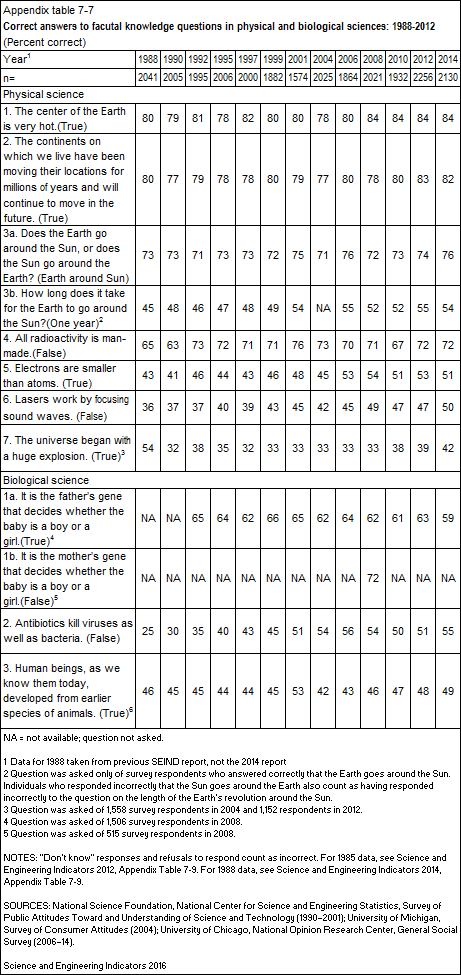
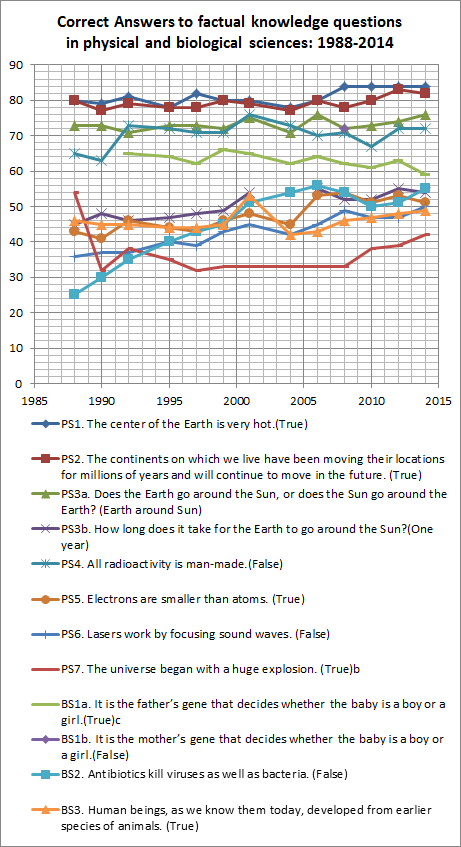
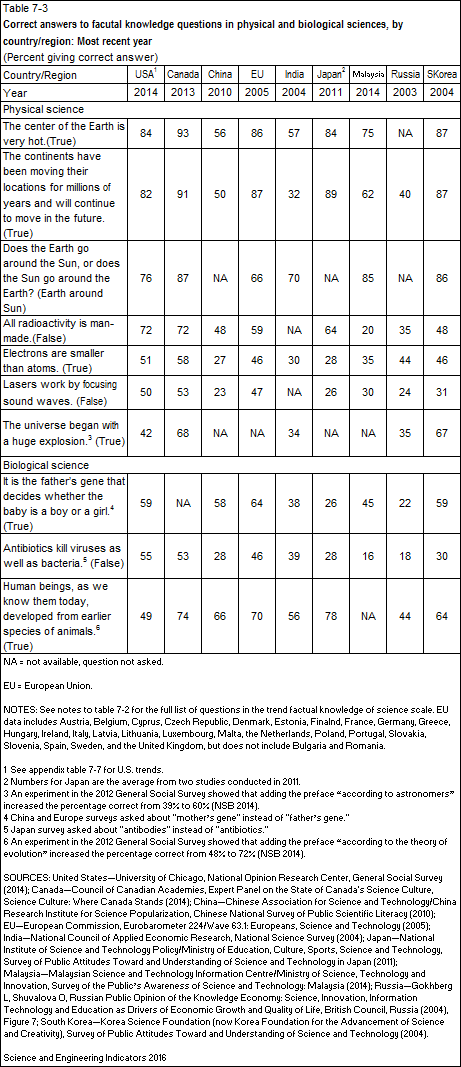

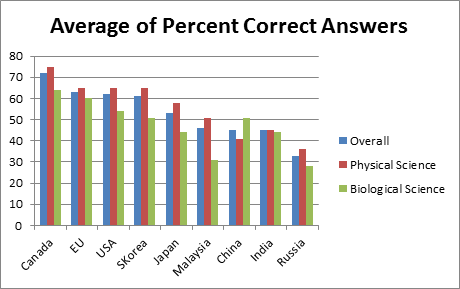
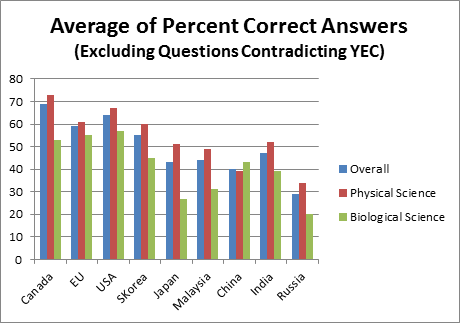
 If you're anything like me, you're probably tired of seeing a bunched of armed insurrectionists occupying the Malheur Wildlife Refuge up in Oregon. It's criminal, anti-American treason, bordering on terrorism. These thugs have taken over public land that belongs to all of us, recently vandalized portions of it, and there are even reports that they've been following local citizens to their homes and sitting outside their houses in cars to watch them. And they have the gall to call themselves Patriots. Granted, they're out in the middle of nowhere, and haven't yet done anything to endanger to the public, so escalating this into an armed conflict is probably taking it too far. But currently, these criminals can come and go with impunity, and the authorities haven't even cut their electricity, yet (source -
If you're anything like me, you're probably tired of seeing a bunched of armed insurrectionists occupying the Malheur Wildlife Refuge up in Oregon. It's criminal, anti-American treason, bordering on terrorism. These thugs have taken over public land that belongs to all of us, recently vandalized portions of it, and there are even reports that they've been following local citizens to their homes and sitting outside their houses in cars to watch them. And they have the gall to call themselves Patriots. Granted, they're out in the middle of nowhere, and haven't yet done anything to endanger to the public, so escalating this into an armed conflict is probably taking it too far. But currently, these criminals can come and go with impunity, and the authorities haven't even cut their electricity, yet (source -  Well, I spent some time on Quora again this week, taking away my normal blog writing time, so I'm going to recycle a Quora answer here. The question someone asked this time is the title of this entry,
Well, I spent some time on Quora again this week, taking away my normal blog writing time, so I'm going to recycle a Quora answer here. The question someone asked this time is the title of this entry,  I'm back from the holidays (other than a short weekend trip to San Antonio, I didn't 'leave' - I just took some time off from work and so didn't have lunch breaks to work on this blog), and with the end of the year, it's time to look at the server logs for December to see what pages were most popular on the site. The list was mostly the same pages that have been popular for the last few months, but there were two surprises. The entry,
I'm back from the holidays (other than a short weekend trip to San Antonio, I didn't 'leave' - I just took some time off from work and so didn't have lunch breaks to work on this blog), and with the end of the year, it's time to look at the server logs for December to see what pages were most popular on the site. The list was mostly the same pages that have been popular for the last few months, but there were two surprises. The entry,